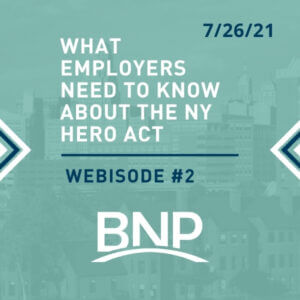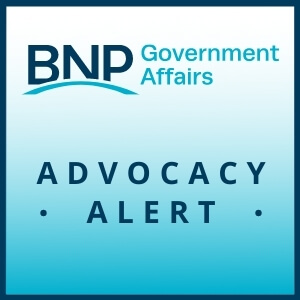Empire Center: Single Payer “Sticker Shock”
Blog Categories
March 17, 2022
A new report from the Empire Center for Public Policy details how expensive a single payer healthcare system would be in New York. The full report is available here.
The report notes that the New York Health Act (NYHA) would radically reform New York’s tax structure. The bill calls for a “progressively graduated” tax on both income and payroll; however, the exact rates are not specified in the legislation. This is, in part, because the bill sponsors are also unaware of how much revenue the state would need to finance a single payer healthcare system. However, the latest estimate by the RAND Corporation is that New York would need an additional $157 billion in revenue to operate a single payer system. By removing cost controls, this number could grow.
Raising this revenue would require the largest tax increase in history. The report estimated that, to raise the needed revenue, the top tax rate would increase to 36% — which would be three times the top rate in California, the state with the second highest tax rate. New York would become an extreme outlier in taxes.
NYHA advocates claim that while taxes would increase under the NYHA, premiums would lower, leading to a net savings for many New Yorkers. The RAND Corporation estimates that such a tax structure would mean 65% of New Yorkers end up saving money, 4% pay about the same, and 31% see additional costs. Although this may appear more progressive initially, the report notes that NYHA would add significant incentives for outmigration, especially among top earners and high-producing businesses. Losing top taxpayers would shift more of the cost burden onto middle and lower income families, eliminating the bill’s intended benefit.
In years where healthcare costs increase or state revenues decrease, taxpayers would face significant pressure and additional tax hikes to keep the NYHA system solvent.
Lastly, the report notes that the NYHA would cause concern for doctors and medical providers, who would experience income changes that may repel them from New York.
The report details the concerns that the BNP and employers have raised since the NYHA was introduced three decades ago. The NYHA would dramatically increase taxes for many businesses and families, create incentives for outmigration, and discourage medical professionals from practicing in our state.
Read the full report here, and take action on this issue here.
Related Posts
7.30.21 COVID-19 Bulletin: Poloncarz Updates BNP Members on Delta Variant
At a special briefing for BNP members this morning, Erie County Executive Mark Poloncarz provided updates on the county’s COVID-19 status and indicated mask mandates could eventually return.
7.26.21 Webisode: What Employers Need to Know About the NY HERO Act – #2 Understanding & Implementing Prevention Standards
The NY HERO Act creates new workplace safety standards that every private employer in New York will have to follow. These standards govern a wide variety of topics, including health screening, masks and PPE, handwashing, surface disinfecting, social distancing, quarantines, and ventilation.
7.21.21 Advocacy Alert: US Extends Canadian Border Closure to August 21
Today, the U.S. Department of Homeland Security announced it was extending its ban on non-essential land entry by Canadian travelers through August 21.
The move comes on the heels of Canada’s decision Monday to reopen its land border to vaccinated, non-essential American travelers on August 9.
7.19.21 Advocacy Alert: Canadian Border Will Reopen to Vaccinated Americans August 9
Today, Canadian Minister of Health Patty Hajdu announced that the Canadian border will reopen to vaccinated American travelers on August 9th.



